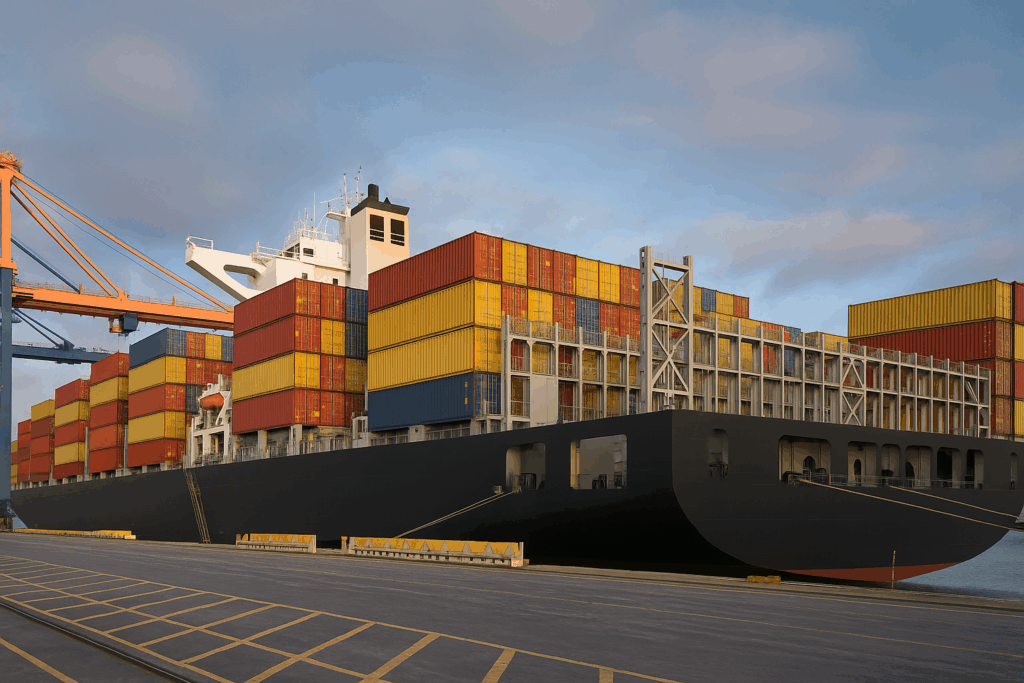What “Real Presence” Really Means
The Netherlands has clear Dutch substance requirements that determine whether a company truly operates locally and has become one of Europe’s most attractive business locations. Its strong economy, reliable legal system, and extensive tax treaty network make it a preferred gateway to Europe. Yet foreign companies must demonstrate genuine activity inside the countrysomething known as substance.
Key takeaway:
To qualify for Dutch tax benefits, companies must show real economic presence in the Netherlands. This means that management, decision-making, and operations take place locally. These are known as the Dutch substance requirements.
This article explains what Dutch substance requirements mean, when they apply, and how Oakhill Financial Services helps international companies meet them efficiently.
What Is Substance in the Netherlands?
In Dutch tax law, substance refers to a company’s real presence—its management, employees, and operations actually based in the Netherlands. A firm that exists only on paper without real decision-making power in the country is considered to lack substance.
These rules were introduced by the Ministry of Finance to separate genuine enterprises from so-called letterbox or conduit companies. Businesses that maintain real operations can benefit from the Dutch fiscal system; those that do not may lose access to its advantages.
Why Substance Requirements Matter
Meeting the substance standards allows a company to:
- Access the Dutch tax treaty network
- Apply for Advance Pricing or Tax Rulings (APA/ATR)
- Join a Dutch fiscal unity for corporate income tax
- Receive an Article 23 import-VAT license
Failing to demonstrate substance can lead to denied rulings, loss of treaty benefits, or increased scrutiny from the tax authorities.

Main Dutch Substance Requirements
- At least half of the decision-making directors live or work in the Netherlands.
- Dutch-based directors must have sufficient knowledge to perform their duties.
- Important decisions and board meetings take place in the Netherlands.
- The company has an actual office or workspace in the country.
- Bookkeeping and tax filings are handled locally, often with Oakhill’s accounting support.
- A Dutch bank account is used for day-to-day transactions.
- The company fulfills all Dutch tax obligations and maintains appropriate equity.
When the Rules Apply
Fiscal Unity Inclusion
To be part of a Dutch fiscal unity, management and control must demonstrably take place in the Netherlands. Strategic, financial, and operational decisions should be documented locally.
Advance Pricing or Tax Rulings
When applying for an APA or ATR, the authorities require proof that the company meets all substance standards. Without it, an application may be rejected or revoked.
Tax Treaty Access
Although companies incorporated under Dutch law are normally Dutch tax residents, lacking substance may cause the tax office to question residency or alert foreign tax authorities.
Consequences of Not Meeting the Standards
Non-compliance can lead to rejection of APA/ATR requests, restricted treaty access, or classification as a non-resident entity. It may also complicate bank relationships and licensing. Maintaining substance is therefore essential for credibility and tax efficiency.
How to Maintain Proper Substance
Keep evidence of management decisions, board minutes, and local operations. Many businesses prepare a short “substance manual” describing how control and activity are maintained in the Netherlands. Oakhill can assist with this as part of its Controlling Services and CFO Services.
Legal Guidance
Dutch case law focuses on the “place of effective management.” Authorities look at where decisions are made and executed. When it is clear that management control lies in the Netherlands, the company is considered to have sufficient substance.
For more information, see the official publication by the Dutch Ministry of Finance on substance conditions for APAs and ATRs (source).
Oakhill’s Recommendation
Every structure requires a different level of substance depending on its function. Oakhill Financial Services advises on what is necessary for each client, ensuring the company’s operations, reporting, and fiscal setup meet Dutch expectations while remaining cost-effective.
Conclusion
Substance requirements define whether a company has genuine presence and qualifies for Dutch fiscal advantages. Meeting them supports transparency, reputation, and long-term growth in Europe. With Oakhill’s integrated financial, tax, and compliance services, your business can operate confidently within the Dutch framework.
FAQ: Common Questions About Substance in the Netherlands
What substances are legal in the Netherlands?
The term “substance” in this article refers to business presence, not drugs. In Dutch drug policy, small amounts of cannabis are tolerated under strict conditions, but hard drugs remain illegal. For companies, “substance” simply means having genuine operations and management in the Netherlands.
What is the drug of choice in Amsterdam?
Cannabis is the most commonly known tolerated substance in Amsterdam, available in licensed coffee shops. However, it remains technically illegal and is only tolerated under limited rules.
Are drugs an issue in the Netherlands?
The Netherlands has a pragmatic approach to drug policy, focusing on regulation rather than promotion. Drug issues are handled strictly outside the permitted system. The focus of this article is business substance, which is unrelated to drug use or enforcement.
What are substance requirements?
Substance requirements are Dutch tax and legal criteria proving that a company has real economic activity in the country. They include having local management, staff, an office, bank accounts, bookkeeping, and proper tax compliance.
If you want to understand whether your company meets these requirements, contact Oakhill Financial Services for an assessment.
About the author:
Written by the team at Oakhill Financial Services, specialists in CFO and controlling services for international companies operating in the Netherlands. Our experts assist with company formation, VAT representation, and compliance under Dutch substance regulations.
